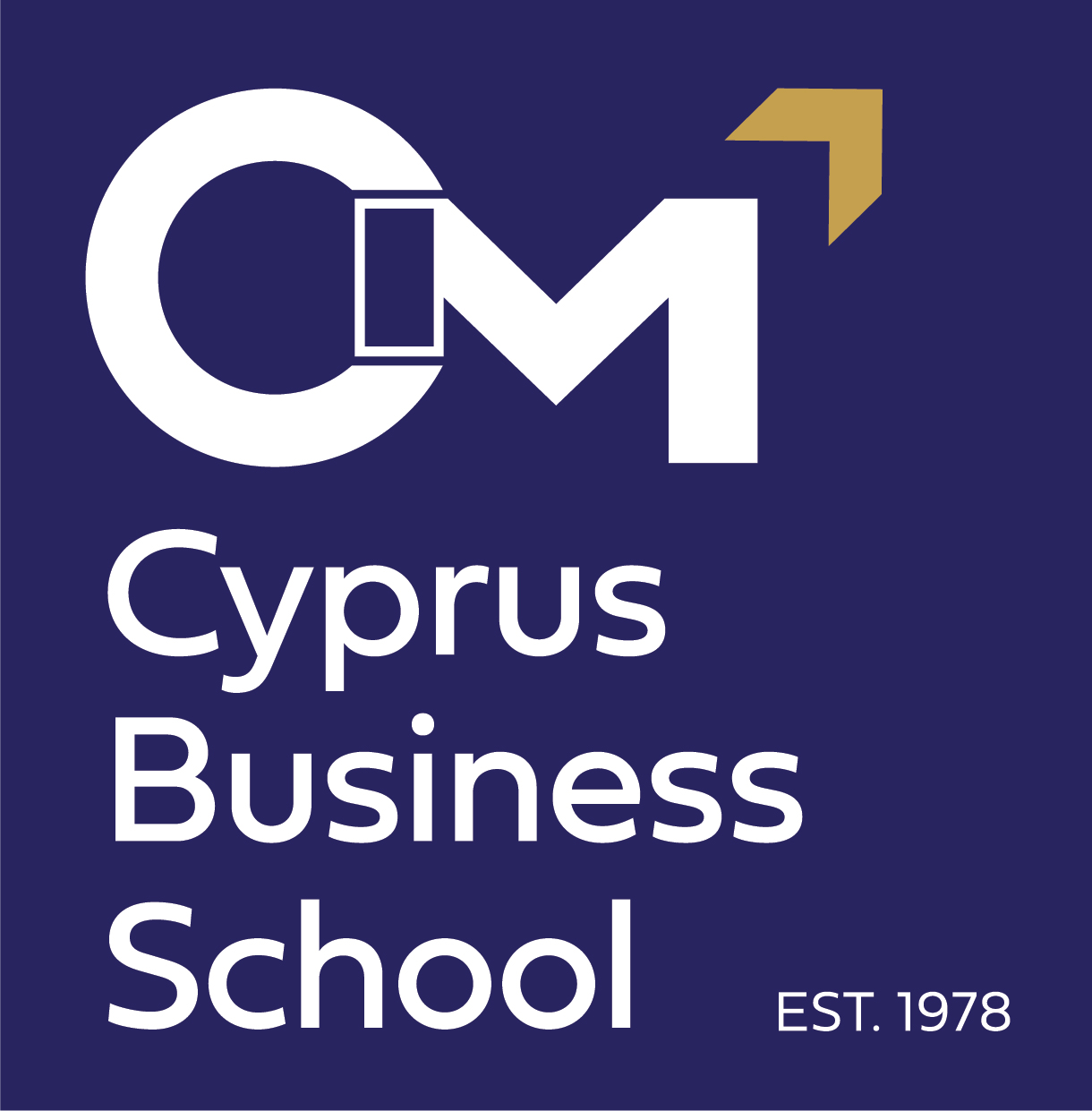Chrissy Jones is back with another fascinating article – this time on how banks can profit from increased student numbers – but also how they must rethink their existing models and approaches.
Higher education in Cyprus has undergone huge changes and student numbers have grown by more than 80% to over 44,000 since UCY was first established in 1989. At 5% of the population, students represent a significant marketing opportunity for financial institutions. However, this does not mean banks can be complacent. Some young people are still financially illiterate before they start university and many will simply choose the same banks and financial products as their parents, so innovative marketing of financial servicesmay be necessary to tempt them to choose new products.
A Presence on Campus
As young adults, students are thinking about their personal finance for the first time, looking for advice on how to budget sensibly and control spending habits, and researching the best financial products for their needs. Banks that have a presence in high schools and on campus can gain access to students as they are making these decisions. With less than 40% of students identified as financially literate, schemes to teach basic personal finance and money management can help students make informed decisions about their finances. At the same time, through sponsorship of these initiatives and other events across campus, banks can increase awareness of their products and services. A university campus is a closed community and so it is easy for banks to target with posters, flyers and a mailing campaign, safe in the knowledge that marketing material will reach its intended audience.
Bypassing Parental Influence
As young people become more educated in finance, they will make their own decisions about their personal finance. For now, however, a banking survey in the UK has revealed that two fifths of children still use the bank originally chosen for them by their parents, and according to Bankrate, the average US adult goes on to use the same current account for 16 years. If banks are successful in making their products attractive to buyers as young adults, they could potentially end up with lifelong, loyal customers. As students live much of their lives online, it makes sense for banks to reach out to students via email and advertising on social media. This is especially true in Cyprus where over half the population, and more than 88% of internet users, also use Facebook, a higher percentage than anywhere else in Europe.
Rewarding Graduates
The Banks in Cyprus already offer preferential interest rates on student loans and reduced or waived initial bank fees. In addition, marketing extra enticements, such as reduced pricing of student loans in return for top grades, are a real incentive for hardworking students. Once they graduate, even if they stuck with their parents’ banking recommendations as freshers, many students may be looking for a change as they start work. Keeping in touch with students through email and social media as they are finishing up their degrees gives banks the opportunity to share offers that tie in with their next professional move, such as cheaper interest on loans for business start ups or accessible funding for further study.
By increasing their presence in schools and colleges, and keeping in touch with students throughout their studies, financial institutions can not only teach students about money management but at the same time catch young adults as they become first time customers for financial products and services.

